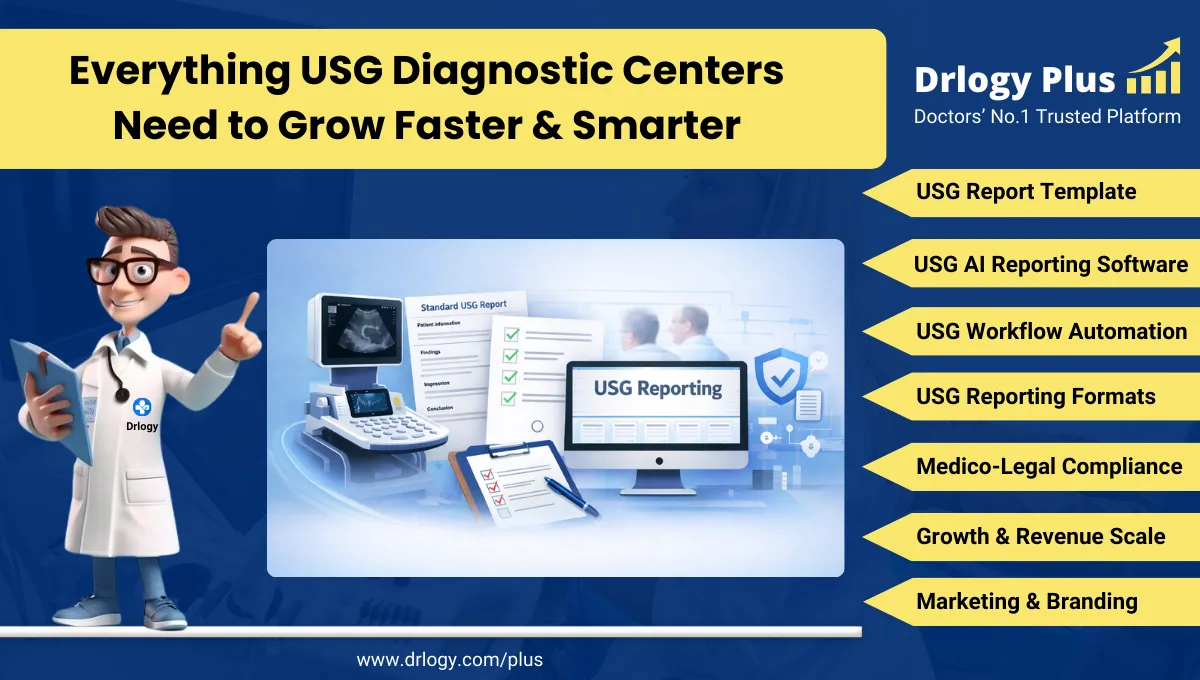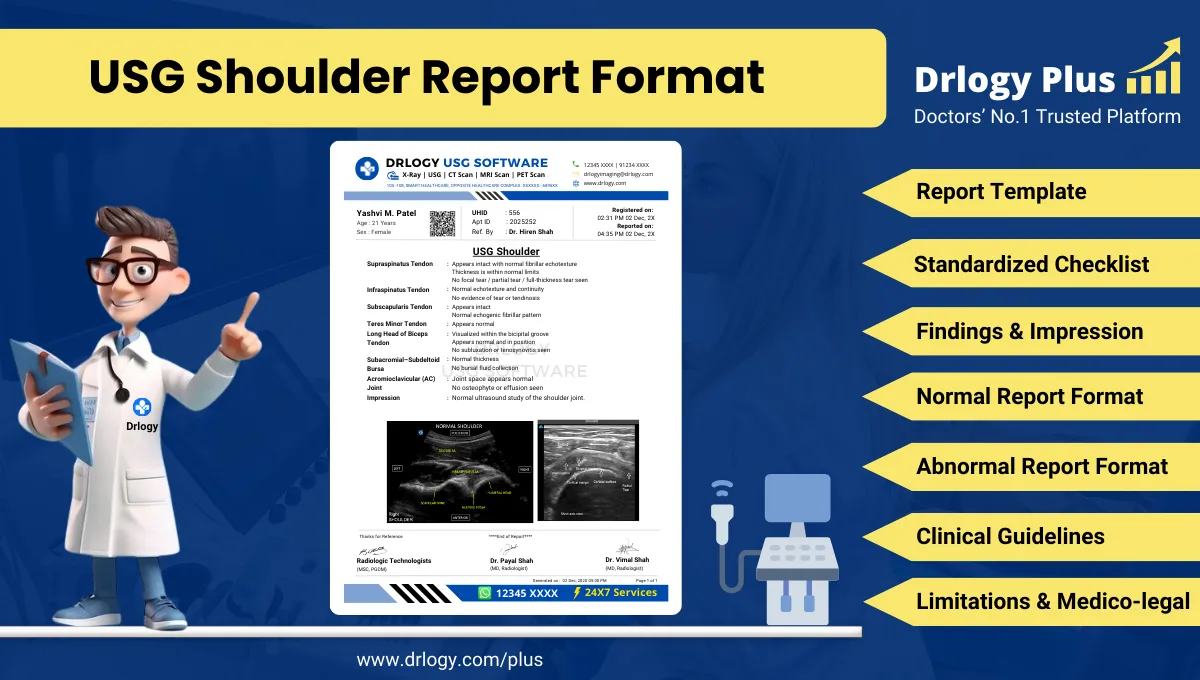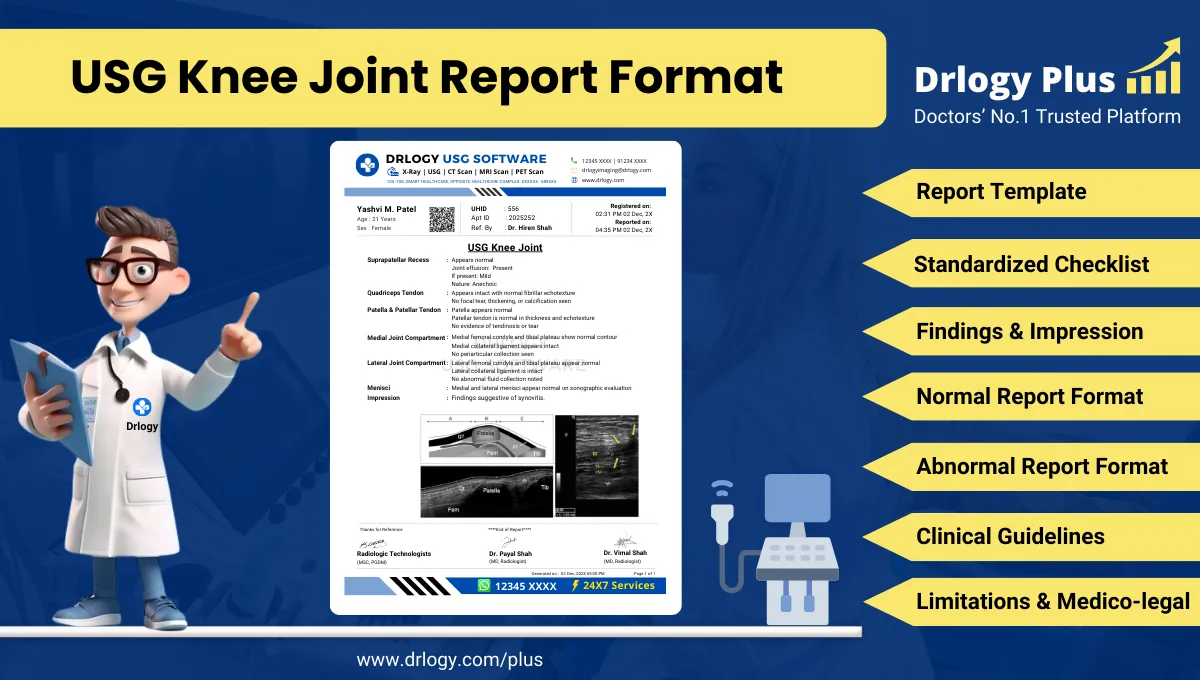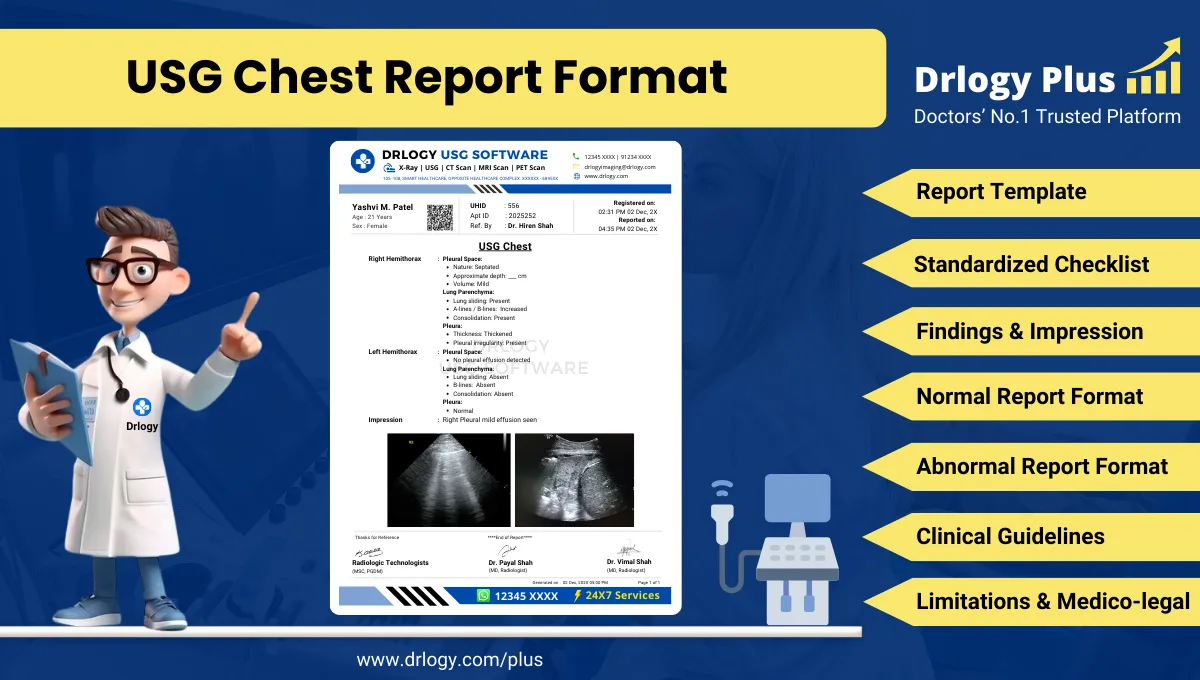

Drlogy
Healthcare organization
Why Medication Feature Must In EHR Software
Medication features in EHR software are critical for ensuring accurate and efficient medication management, enhancing patient safety and treatment outcomes.
Check:
Best Hospital Management Software For Electronic Health Records (EHR)
These features streamline prescribing, tracking, and monitoring processes, reducing errors and improving overall healthcare delivery.
Check:
10 Best Medication Features for EHR Software
Check 10 Best Medication Features for EHR Software.
1. E-Prescribing
- Allows doctors to send prescriptionsectly to pharmacies electronically.
- Reduces errors associated with handwritten prescriptions.
- Provides faster medication processing and dispensing.
- Enhances patient convenience and satisfaction.
- Integrates with pharmacy systems for real-time updates.
2. Medication Reconciliation
- Tracks all medications a patient is taking to avoid conflicts.
- Ensures accurate medication lists during transitions of care.
- Reduces the risk of adverse drug interactions.
- Supports comprehensive patient medication reviews.
- Enhances patient safety and treatment effectiveness.
3. Drug Interaction Alerts
- Provides real-time alerts for potential drug interactions.
- Helps prevent adverse reactions by notifying healthcare providers.
- Supports informed decision-making in prescribing medications.
- Enhances patient safety with automated checks.
- Reduces the risk of harmful medication combinations.
4. Medication History Tracking
- Maintains a comprehensive history of all prescribed medications.
- Allows providers to review past treatments and outcomes.
- Supports continuity of care with accurate medication records.
- Enhances clinical decision-making with historical data.
- Provides a complete picture of patient medication use.
5. Dosage and Administration Guidance
- Offers detailed instructions for medication dosages and administration.
- Reduces the risk of dosing errors with clear guidelines.
- Enhances patient adherence to prescribed regimens.
- Supports providers with evidence-based dosing recommendations.
- Improves patient outcomes through precise medication management.
6. Automated Refill Requests
- Enables patients to request medication refills through the EHR system.
- Notifies providers of refill requests for approval.
- Enhances convenience for patients needing ongoing medications.
- Reduces the administrative burden of managing refill requests.
- Supports timely access to necessary medications.
7. Patient Education on Medications
- Provides educational resources about prescribed medications.
- Enhances patient understanding of their treatments.
- Supports informed patient consent and adherence.
- Reduces the risk of misuse or misunderstanding of medications.
- Improves overall patient satisfaction and health outcomes.
8. Integration with Pharmacy Systems
- Allows seamless communication between EHR and pharmacy systems.
- Ensures accurate and timely prescription fulfillment.
- Provides real-time updates on medication availability and dispensing.
- Enhances coordination of care between providers and pharmacists.
- Reduces delays and errors in medication processing.
9. Allergy and Sensitivity Checks
- Alerts providers to potential allergies or sensitivities to medications.
- Enhances patient safety by avoiding known allergens.
- Supports personalized and safe prescribing practices.
- Reduces the risk of adverse reactions and complications.
- Provides a safer medication management process.
10. Mobile Medication Management
- Allows patients to manage their medications via mobile apps.
- Sends reminders for medication intake and refills.
- Enhances patient engagement and adherence to treatment plans.
- Provides access to medication information on the go.
- Supports proactive management of health and medication use.
Drlogy EHR Software Features Guide
Here's full guide for 14 best EHR (Electronic Health Record) software features for hospitals:
| 1. Appointment | 8. Support |
| 2. Patient Portal | 9. Health Records |
| 3. ePrescribe | 10. Mobile App |
| 4. Reporting | 11. Data Security |
| 5. Patient Billing | 12. Staff |
| 6. Lab Results | 13. Followup |
| 7. Patient Education | 14. Medication |
Summary
Overall, Incorporating robust medication features in EHR software is essential for optimizing patient care and ensuring the safe, effective management of medications.
Check Drlogy EHR Software Features Guide for efficient inpatient management and enhanced patient care for your clinics and hospitals for patient management.




